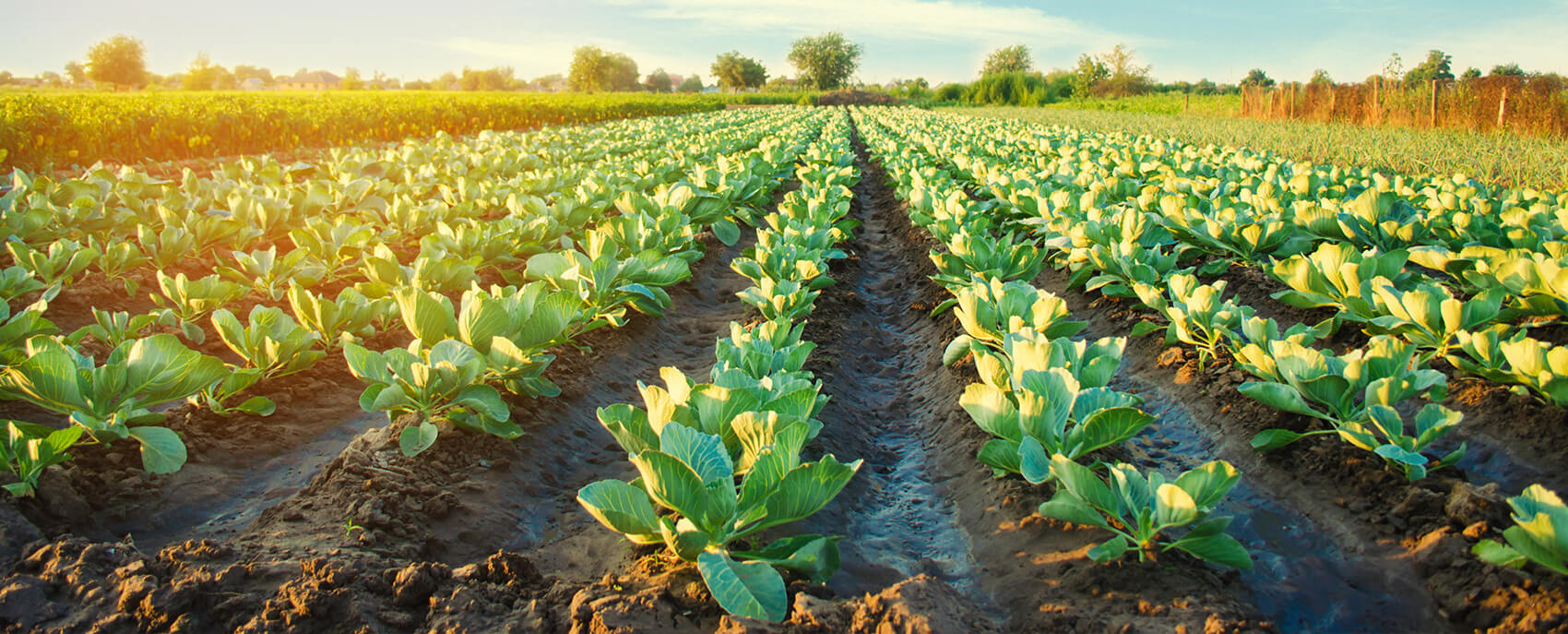Characteristics of organic farming
With the ever-growing concern of people for both their health and the welfare of our planet, organic farming is one of the most dynamically developing sectors of the economy. It is known under various names, including green or biological - more important than the very definition are the rules that this area of the market adheres to, basing primarily on production in harmony with nature and care for the well-being of consumers. All ecologically produced products are made from the highest quality natural ingredients. Organic farms are largely self-sufficient due to waste recycling. The machines exploited are energy-efficient, with great emphasis on the use of renewable energy sources.
However, this way of farming requires effort. It is important that the owners must earn their farms to be described as “organic”. Agricultural holdings standing for marking their goods with the Euroleaf certified logo must undergo restrictive checks at least once a year, which guarantee compliance with international standards, setting out methods for organic plant and animal breeding.
Organic plant cultivation
The rules dictating the operation of organic farms include a ban on the use of artificial fertilizers and other substances used to protect crops, including herbicides and pesticides. What's more, no genetic modification methods can be used, and plant maturation has to take place in the sunlight. Instead of monocultures, mosaic cultivation is used, which guarantees the diversity of the harvest. Organic farms also have to ensure that production does not pollute the environment. They focus on cultivating local varieties of fruit, vegetables and cereals, including valuable ancient cereals (such as spelt or einkorn). The harvest, conditioned by the seasonality of plant species, ensures the production of goods with the highest taste and nutritional values.
Organic animal breeding
Animal welfare and breeding in harmony with nature is one of the priorities of organic farming. Farmers care for the highest quality of flocks’ living conditions, starting with allowing livestock to live outside and free farming, ending with providing them only with natural food, free of hormones or antibiotics. Organic farming methods also significantly reduce the carbon footprint - we, consumers, will also contribute to this by making conscious choices when shopping. In Poland, a large proportion of organic farms focus on breeding native breeds, for example “zlotnicka” or “pulawska”. This ensures that national culinary traditions are maintained and that the highest quality meat is produced.
Organic farming in Poland
The organic farming sector is developing dynamically in Poland. This goes hand in hand with the growing awareness of consumers about organic farming methods and animal husbandry. More and more of us choose natural, high-quality products, marked with appropriate certificates - e.g. the official logo of the EU organic farming, called “Euroleaf”. However, we have not yet matched Western European countries. While we can boast of a considerable number of organic farms (there are as many as around 20,000 in Poland!), the situation of organic processing plants definitely needs improvement, because there are only about 1,000 of them in our country. What's more, current percentage of organic farms is 3.4% of the total area of national farms - we still have room for improvement.
Educating the public about the qualities of high-quality native products from organic processing plants is intended to contribute to their more frequent selection during everyday grocery shopping. This is one of the best ways in which each of us can contribute to the development of Polish organic farming. Various initiatives help support domestic farms, such as labeling articles with the "Polish Product" logo. Our campaign "I choose Polish eco" also facilitates this task - among other things, we inform you how to recognize in the store an ecological product from domestic resources. Being an organic consumer does not have to be difficult!
To sum up: if today you will start supporting national organic farming by choosing food products marked with the Euroleaf logo and the PL symbol:
- you will take care of your and your family's health in an easy and tasty way, basing your diet on high quality natural products (remember that health starts on a plate!),
- you will take care of the development of the Polish economy,
- you will take care of your well-being and our planet's welfare at the same time.


